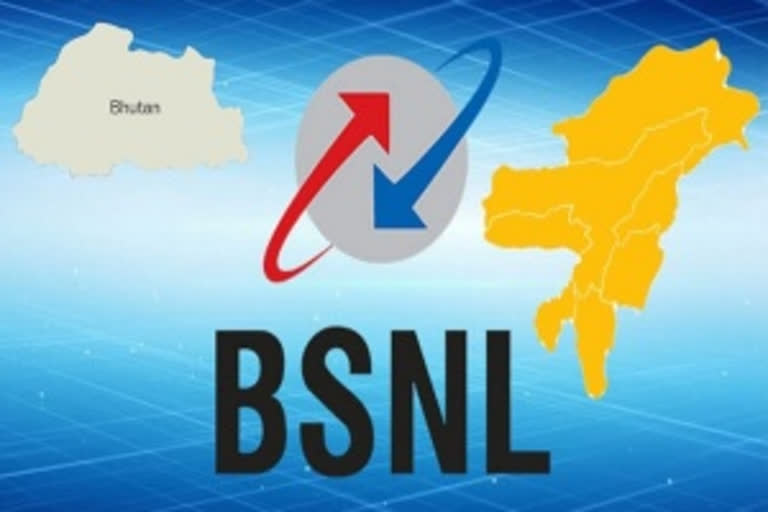New Delhi: After waiting for years, going by Prime Minister Narendra Modi’s recent announcement along with his Bhutanese counterpart Dr Lotay Tshering on Friday, Bhutan and the North-East (NE) Indian states are to get the Internet link from Bangladesh very soon.
PM Modi had said in a virtual interaction on Friday: “I heartily welcome the agreement with BSNL to provide third international Internet gateway for Bhutan.”
State-owned Telecom major BSNL has already established connectivity with the landing station at Bangladesh’s Cox’s Bazaar but it has not been extended to most NE states due to high-cost issues.
It is understood that security considerations were also red-flagged as the cables would have travelled across Bangladesh to the NE.
The new link will be the third international Internet gateway for India after the fibre-optic submarine cable internet links to Mumbai and Chennai.
The NE India region is connected to the terrestrial internet network through cables that originate in Chennai. The same network is used for connecting to Bhutan.
Dr Tshering Cigay, CEO of Bhutan’s IT Park at Thimpu, told ETV Bharat: “The talks between the governments of Bangladesh, India and Bhutan were initiated in 2011 when Bhutan’s first IT Park project was nearing completion in order to improve the reliability and affordability of Internet Connectivity in Bhutan. Since then, the issue was covered by the local media now and then, and it has remained fresh in public consciousness and expectation, and people have started wondering and questioning why this is taking so long.”
It will also enable the setting up of the third international Internet gateway for Bhutan after Phuntsholing (a south-west border town in Bhutan) and Gelephu (a south-central border town) which will ensure secure and high-speed Internet connectivity to the landlocked Himalayan kingdom via the NE region from Bangladesh.
Both the existent connections in Bhutan—Phuntsholing and Gelephu—pass through the narrow ‘Chicken’s Neck’ near Siliguri—a 20-km-land sliver connecting the NE with the mainland—making the internet connectivity very vulnerable.
